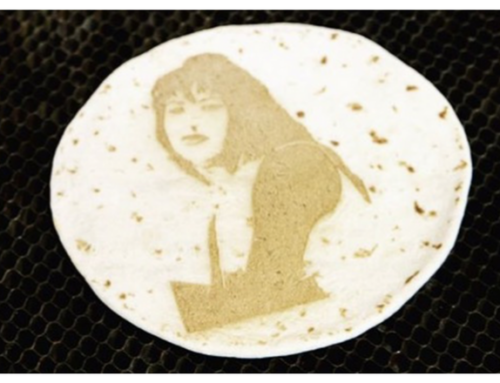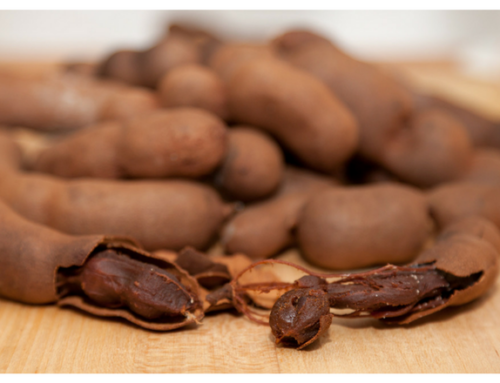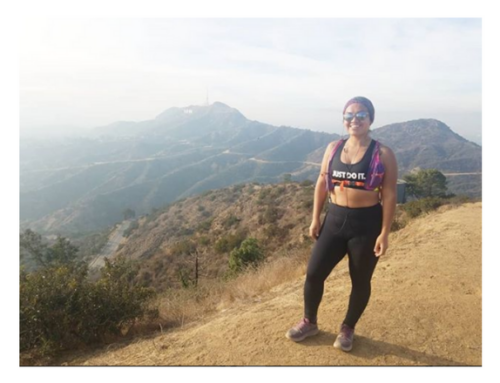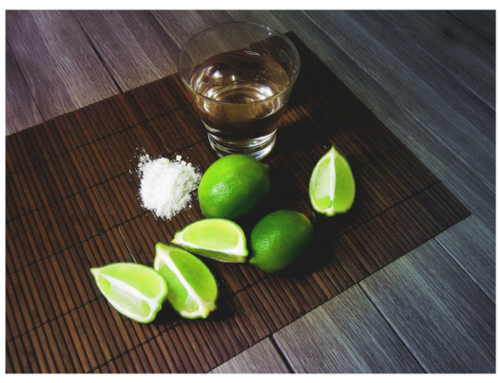Austin’s Apanas Coffee & Beer offers more than a great cup of Joe — they offer a coffee education, one that more coffee drinkers should be paying attention to, according to Apanas’ owner Aamil Sarfani. The coffee shop, which has been open in North Austin’s Rock Rose area at the Domain since January, aims to teach consumers about the people who actually grow the product they’re drinking, as well as all the time and effort that goes into producing a quality cup of coffee. And Austin is responding: Sarfani opened a second location of Apanas on South Congress Avenue in early September.
The idea for Apanas came to Sarfani on a trip to Nicaragua two years ago. He stayed on small coffee farms, talked with the farmers, and learned about all the decisions that go into growing coffee — as well as all the people involved. He learned that the best coffee is produced not just with taste in mind, but with farmers, their families, their communities, and the environment as well.
But it wasn’t easy when those farmers were competing with mass growers whose main concern was quantity. Wanting to support those small family farmers and their communities as well as the local community in Austin, Sarfani teamed up with an organization called Farmers to 40 that buys high-quality coffee at double fair-trade prices, and Apanas was born.
We talked with Sarfani about the coffee production process and what consumers should know about their cup of Joe. [pagebreak]
TLK: How did you get interested in coffee?
AS: It was that trip [to Nicaragua]. I went on this trip and came back and realized the opportunity that I had, the connections that I had at the time to partner with companies called Farmers to 40 and Sustainable Trade. I was able to buy coffee that paid 40 percent of what I paid for coffee directly back to farmers, and I knew that if I wanted to start a business, I had the opportunity to start a business that actually stood for more than just making a lot of money. We never view it as a charity, it’s never a buy-one-get-one model or anything like that. The social enterprise aspect is purely baked into our cost model so that anytime we grow as a company, so do the farmers.
TLK: When you first started learning about coffee production in Nicaragua, was there anything that surprised you?
AS: The whole process was very new to me, so the whole trip was just an eye-opener. But a lot of it was just the fact that there are so many steps involved in coffee, you know, from the point that it’s started as a little seedling to when it’s actually brewed, there’s countless people that touch it and mess with it and have an impact on it, and you just don’t think about it. We all just drink coffee like it’s water, like it comes out of our faucet, and honestly it was just an incredible trip to learn that this product that we drink and take for granted, almost, is actually this beautiful thing that goes through a lot of steps and that a lot of people have an impact on. [pagebreak]
TLK: What are some of the challenges coffee farmers face?
AS: A lot of it is the fact that they grow a perishable product. These farmers don’t have access to buying markets where they can actually sell their coffee, no matter how good it is, no matter how much time and money they’ve put into it. It’s hard for them to sell their coffee at a premium or a price they actually deserve because buyers can dictate the price. And coffee is traded currently on a commodities market. And so what happens is that there’s a huge slew of quality, but it’s traded like it’s sugar or bananas, where you can’t really tell the difference, a lot of times, between a fair-trade sugar and a conventionally grown sugar.
But coffee operates more like wine, where there’s a whole slew of quality — and so in the top quality, getting paid that fair-trade price or even more, the price on the exchange market, [farmers] have a lot of trouble sustaining that kind of product because they can’t actually afford to grow it anymore. That’s why we’re trying to do a percentage-of-cost model; if we charge our customers higher prices for coffee or we pay more for our coffee, the farmer should get paid more. Although fair trade’s a great step forward — we really never want to belittle a fair-trade market because that is a great step — we want to take it one step further and say that price [farmers are earning] can go even higher if it’s done right. [pagebreak]
TLK: How can consumers be sure they’re getting an ethically produced cup of coffee or bag of beans?
AS: It’s honestly very, very tough to figure that out. You almost have to just trust the company that you’re buying your coffee from. But you really never know, to be honest, there’s really no transparency currently. This is a problem because there’s really no way for consumers to make sure that they’re buying an equitably priced cup of coffee, especially when there’s a lot of noise in different kinds of models, where sometimes they won’t actually do that much for the community or for the farmers. So it is really tough, but I’ll always push consumers to continue to ask questions and push their retailers to not just tell them about the coffee itself, but to tell them a little bit more about the sourcing of it.
TLK: What’s next for Apanas?
AS: We’re going to continue to build our market and our name. After that we’re going to settle down a little bit and let the business build up, and then we want to eventually continue to either open up more locations or maybe even get into the roasting business. There are a lot of avenues we want to maybe explore in the coming years.
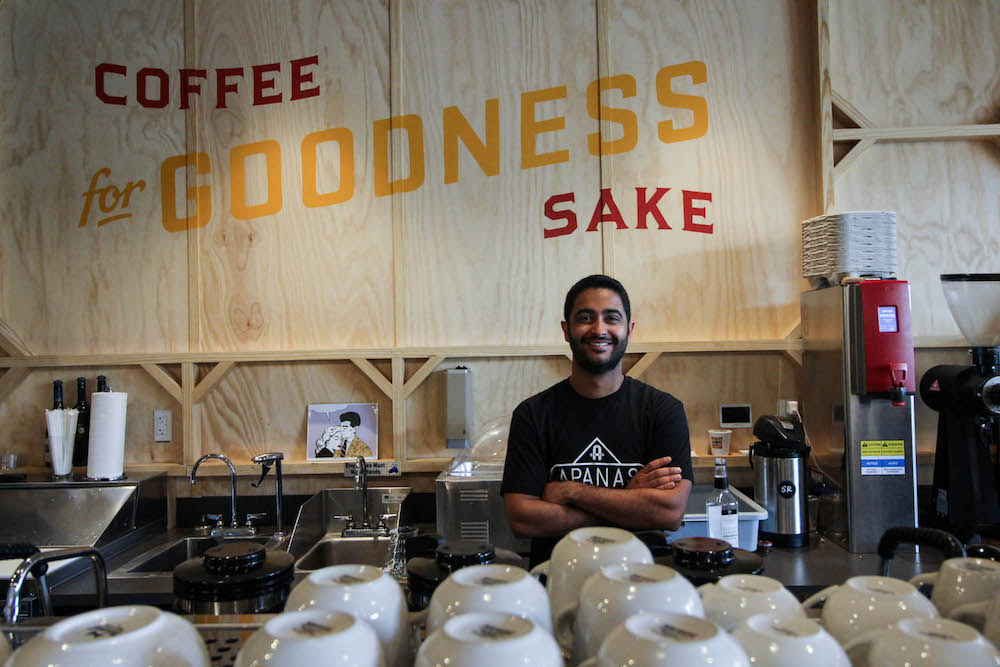

![Making Mealtime Matter with La Familia: Easy Sofrito [Video]](https://thelatinkitchen.com/wp-content/uploads/2015/10/sofrito-shutterstock__0-500x383.jpg)
![Easy Latin Smoothies: Goji Berry Smoothie [Video]](https://thelatinkitchen.com/wp-content/uploads/2015/12/goji_berry-shutterstock_-500x383.jpg)


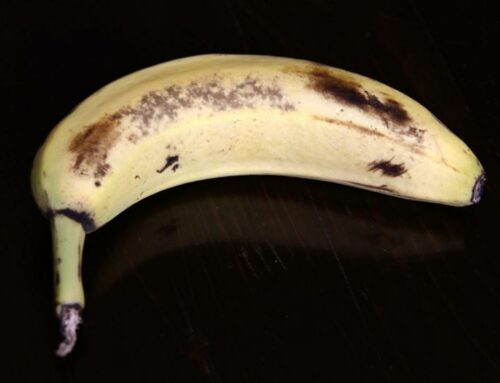


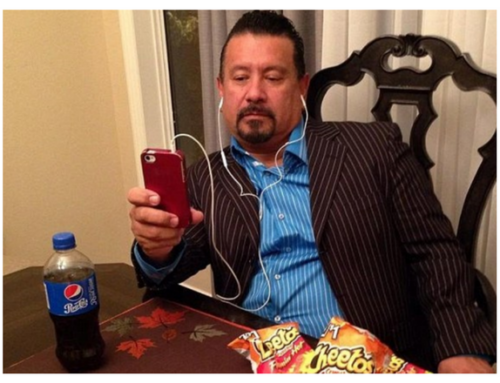
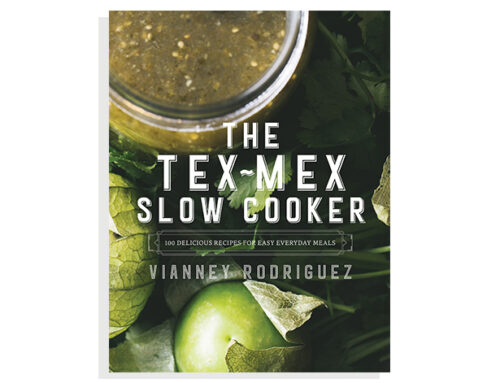


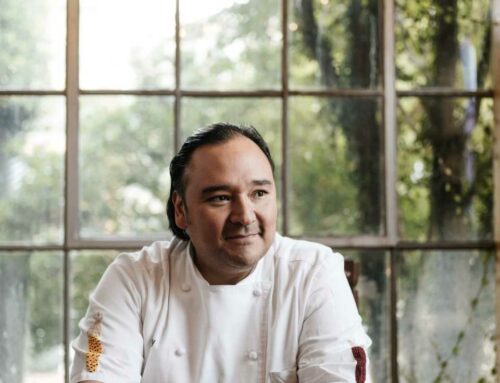

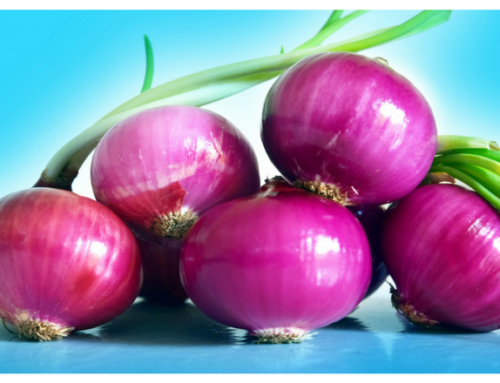
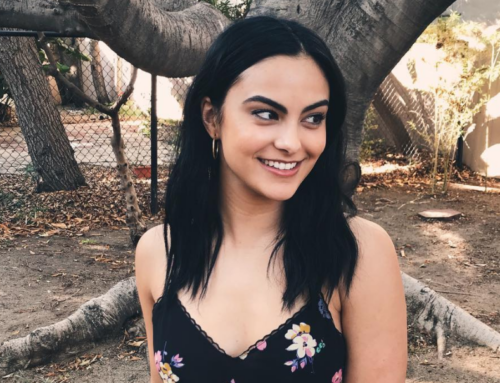


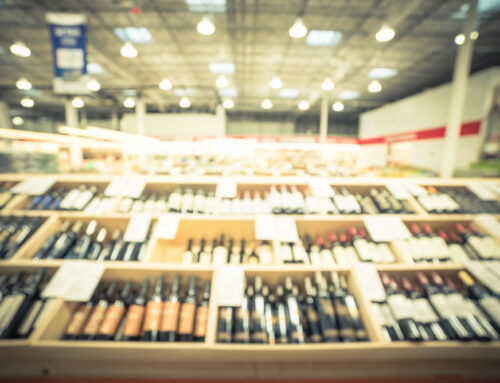
![Fun and Fast Recipes: Fiesta Cabbage Salad [Video]](https://thelatinkitchen.com/wp-content/uploads/2015/11/fiesta_cabbage_slaw-shutterstock_-500x383.jpg)
